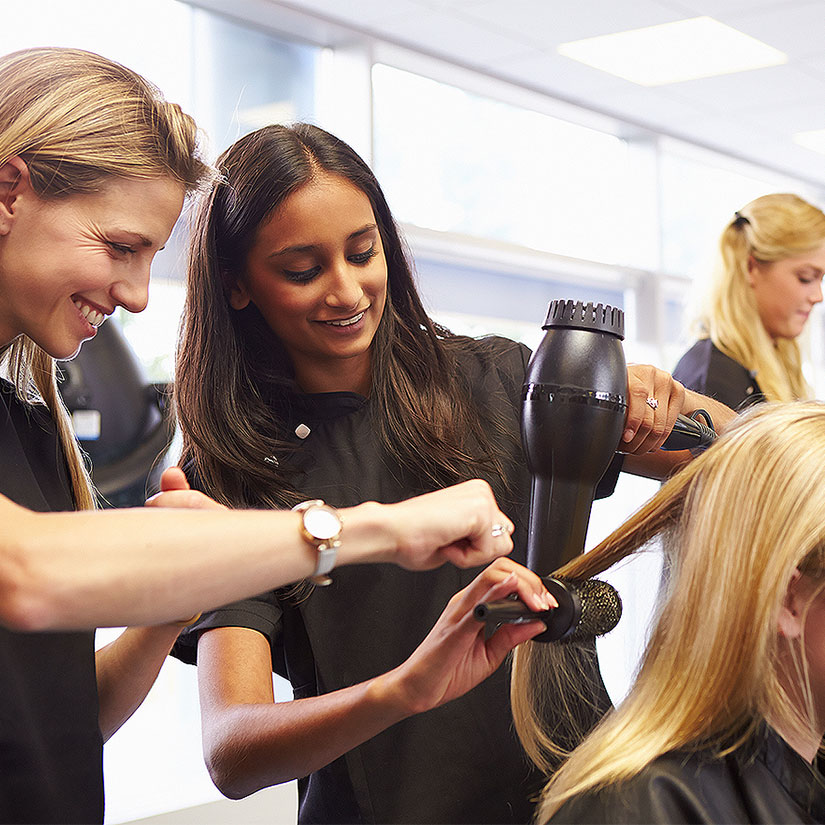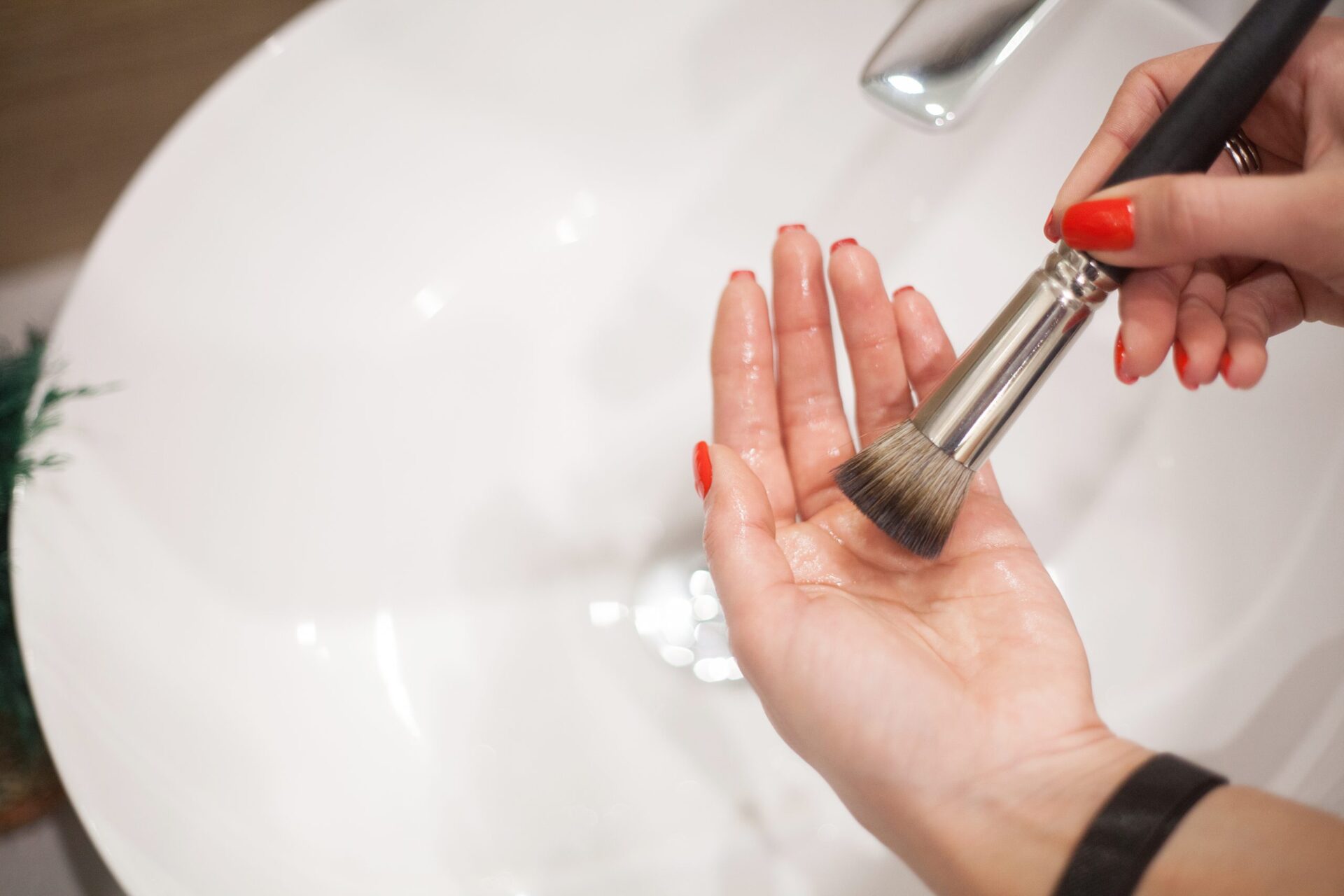Maksymiv Iurii – stock.adobe.com
If you’re considering enrolling in a cosmetology school, you’re probably passionate about hairstyling, nail art or skin care. You may love the idea of working with clients or staying on top of the latest beauty trends.
Most likely, infection control is not at the top of your list of interests. However, infection control is key to keeping you and your clients safe and maintaining your reputation as a skilled and professional cosmetologist.
Let’s take a look at what a cosmetology school will teach you about infection control.
What Is Infection Control?
Infection control is a set of tasks that keep you and your clients safe from infection. This includes keeping yourself and your workstation clean. Cleaning and sterilizing tools and equipment between clients is another important part of infection control as well.
Just like in a doctor’s office, infection control is just as critical in a cosmetology setting. As a cosmetologist, you may not be giving people medicine or performing surgery, but you are touching people’s bodies, hair and hands. An unclean workstation or tools carry many bacteria that can spread infection or other health hazards. Proper infection control minimizes those risks.
How Should I Perform Infection Control?
Specific guidelines for proper infection control will vary by state and local jurisdiction. You will learn your state’s specific disinfection, sanitation and infection control in cosmetology school. You must be aware of guidelines from agencies like the Board of Cosmetology and the Board of Health as well. You will have to prove your knowledge of these practices to receive your accreditation.
Generally speaking, liquid disinfectants are the best method of infection control salons use for cleaning surfaces like countertops. Antiseptic solutions such as rubbing alcohol and hydrogen peroxide are not as strong as liquid disinfectants, but because they are less harsh, they can be used directly on the skin.
A soapy water solution with ammonia, formalin or another chemical using for cleaning and sterilization is used to clean brushes and combs. All water solutions must be approved by the Environmental Protection Agency (EPA). The EPA ensures that products cleansed in these chemicals will not cause harm to the environment or individuals you are servicing. To be considered clean, brushes, combs and other tools must be submerged in this solution for at least 10 minutes.
Another important aspect of infection control is safely disposing of all disposable materials left over from your last client, including disposable materials for hair coloring. This creates not only a healthier environment for your next client but a more pleasant one too.
globalmoments – stock.adobe.com
What Happens If I Don’t Practice Proper Infection Control?
If you don’t comply with your state’s infection control guidelines, you could lose your license. This seems severe, but it makes sense when you understand the potential consequences of improper infection control.
If you don’t sterilize your tools and equipment between clients, you could pass infectious material between them. The implements themselves could become a vehicle for pathogenic microbes and germs. This can cause skin infection and blood disease.
Bacteria found on surfaces can be equally destructive. They can cause anything from meningitis to pneumonia to tetanus. More benign illnesses, like the flu or the common cold, may spread on unsterilized surfaces as well. While proper infection control probably won’t be able to stop the spread of a seasonal cold on its own, it will certainly help.
Improper infection control could make you or your clients very sick. But beyond the potential health consequences, it could be devastating to your career and reputation as a profesisonal. Clients who become infected or ill because of your negligence will not return, and they will certainly tell others as well. This can hurt your client base and risk losing your position.
Infection control becomes easier once you learn the techniques. When you keep yourself, your colleagues and your clients safe, everyone wins.
A Safe Environment is Best for All
Those that are practicing cosmetologists or estheticians know how to properly cleanse their workspace and their tools to provide a safe experience for their clients. Infection control is critical in receiving and maintaining a cosmetologist or esthetician license. If you decide to attend beauty school, you will learn all of the essential practices of infection control so that you too can provide a safe and pleasant experience for your future clients beyond your time.







